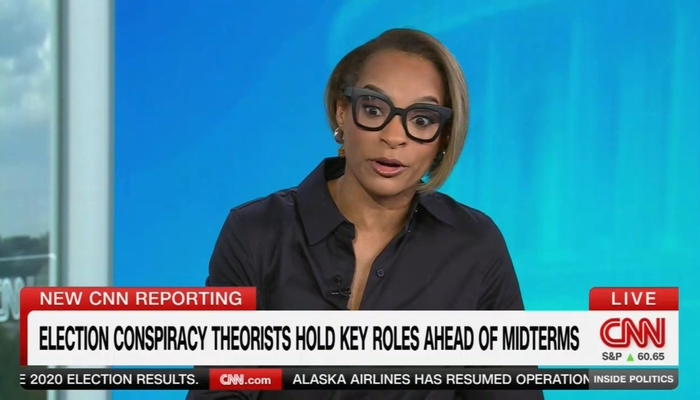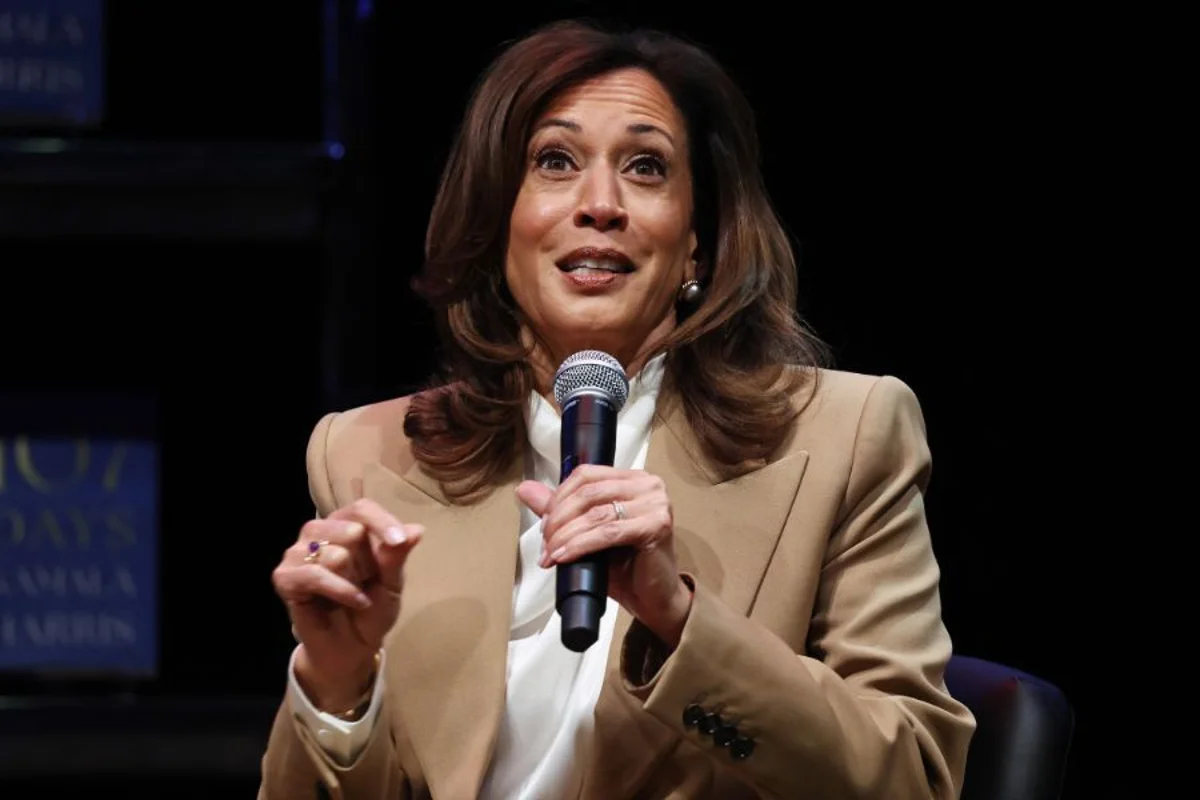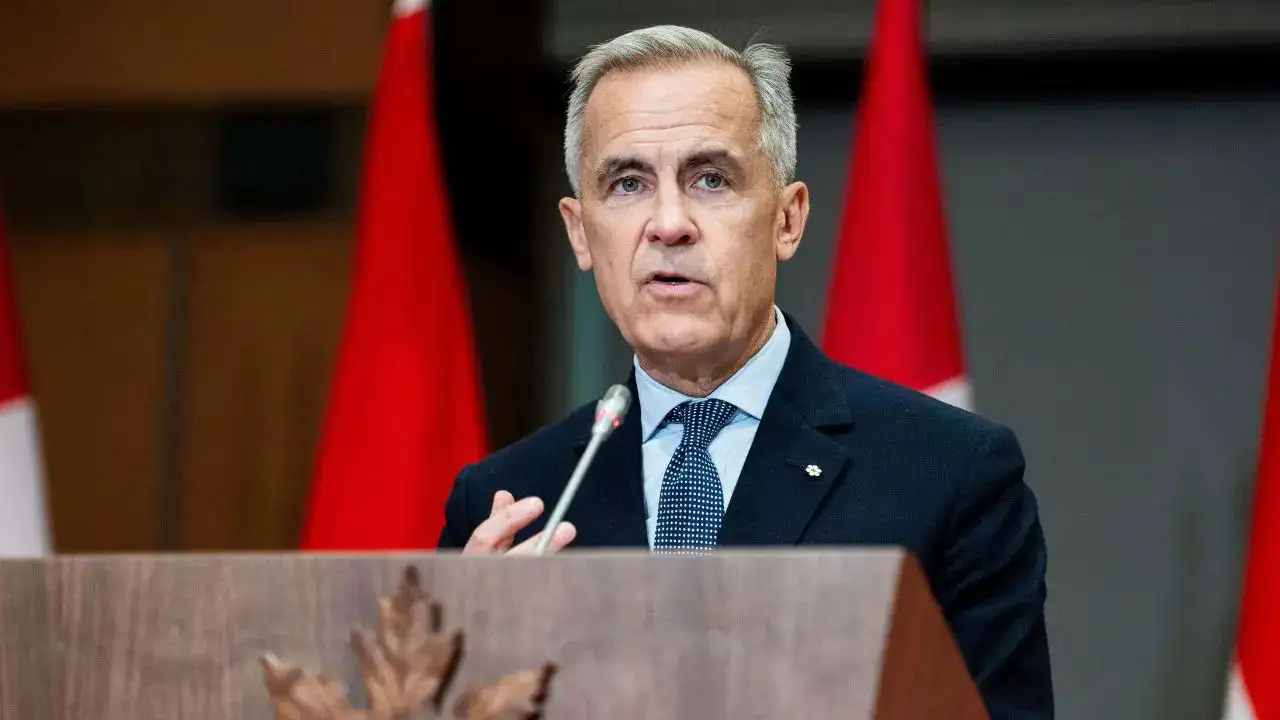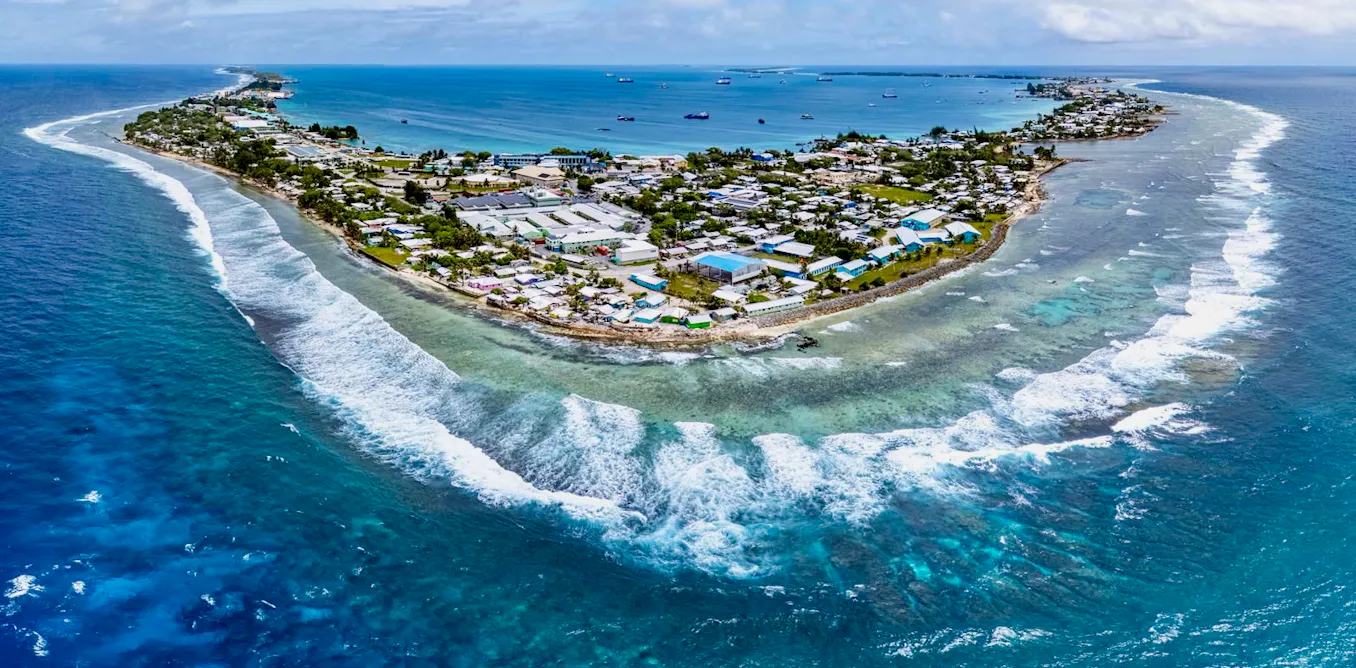Copyright newsbusters

CNN’s Inside Politics with Dana Bash October 24, 2025 12:36:30 p.m. EST DANA BASH: Marshall, I'm gonna start with you. As you talk, I just want to put up on the screen the individuals that you're gonna be referencing. MARSHALL COHEN: Yeah, they're not household names, but they're in some very important roles, so I'll just tick through a few of them here. There's Heather Honey, she is at the Department of Homeland Security. She is actually these days supposed to be working with election officials in the states on critical election infrastructure. But she just so happens to be the same person that was the source of the lie in 2020 that there were more votes than voters in Pennsylvania. Also, there's Kurt Olsen. He was an attorney who filed one of Trump's “Stop the Steal” lawsuits in 2020 that was rejected by the Supreme Court. He's now been installed at the White House to reinvestigate some 2020 claims. There's also Sigal Chattah. She's currently the top federal investigator, the top U.S. attorney for Nevada. She used to be a defense attorney for an indicted fake elector from Nevada. And then on the outside of the administration, there's Cleta Mitchell. She — you might recognize her from the infamous Trump call with those Georgia election officials where he was trying to twist their arm to overturn the results. She was on that call. She's now running a nationwide Election Integrity Network that is promoting Trump's election and voting agenda. BASH: And let's stick with her, Cleta Mitchell. Listen to what she said last month about what you said, election integrity. But specifically listen to these and listen for these two words, “emergency powers.” [Cuts to video] CLETA MITCHELL [on Washington Watch with Tony Perkins, 09/02/25]: As I think that we can establish with the porous system that we have, then I think maybe the President is thinking that he will exercise some emergency powers to protect the federal elections going forward. [Cuts back to live] BASH: I mean, if we were in a cartoon, everything would go, “errrp” and stop, because that is something that there are a lot of Democrats who are concerned about. But the fact that she is saying out loud what the recommendation could be is so remarkable. FREDREKA SCHOUTEN: It has really raised some eyebrows. And it's not clear what conversation she's having with the White House about this. I mean, they didn't respond to my inquiries. She didn't respond to my inquiries. But it comes against this backdrop of the President really trying to reach in and oversee how elections are being administered around the country. I mean, earlier this year, he signed an Executive Order that, for instance, among other things, would require written proof of citizenship to vote. And that's something that the courts have blocked, but there's still an effort right now to, sort of, make that happen through other means. And Cleta Mitchell is very supportive of that. And I — just think for a second of what that might mean for the midterms, if in order to register to vote, you had to find a birth certificate or your passport or naturalization papers. Think how that would change the nature of the electorate. So, I think that there is a lot of concern about this right now, and people are hoping to get more information about what that means. NIA-MALIKA HENDERSON: Listen, I mean, I think this White House, Trump wants to find ways to amass as much power as he can, obviously exercise that and to hold on to power. And we see some of that with the January 6th folks being installed, the sort of truthers around 2020 with the force rejiggering of how states gerrymander in these red states. And, so, I think we have to be very imaginative in terms of what Trump is up to and Trump — what Trump might do in 2028, from does he try to hold on to power himself? Does he himself try to run again? Or are there other mechanisms? This idea of putting, you know, troops on the street to sort of federalize an election. BASH: So that's 2028. HENDERSON: Right, 2028. Yup. BASH: But we're also talking about 2026, and I think you were alluding to this, both of you were, that just a reminder that the DOJ is trying to get the voter registration rolls they wanted from 40 plus states. They plan to request it from all 50 states, and there is now a lawsuit suing six states for data because those states, including Pennsylvania, won't give it up. SCHOUTEN: Right. I mean, they say that there privacy concerns. The DOJ is very specific about what it wants. It wants, like, the entire voter rolls, including personal information such as partial Social Security numbers. Now, they say they want to make sure that the states are maintaining their rolls and removing people who are ineligible, who died, who moved, who may not have been citizens — BASH: Which in theory, that's what we all want. SCHOUTEN: Yes, that is what we all want. But it's interesting because the federal government has to make sure that their processes in place to keep the rolls clean, but they don't, like, actually scour them themselves, looking name by name. And that has raised a lot of concerns about, what are they up to? Why do they need this information? We’re gonna have a big legal showdown here, I think, ahead of the midterms. BASH: We’re going to have to leave it there.



